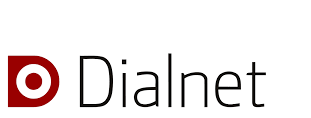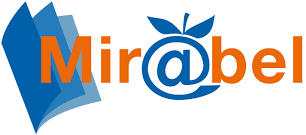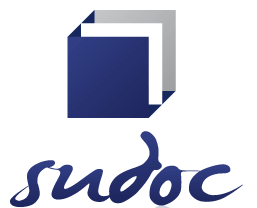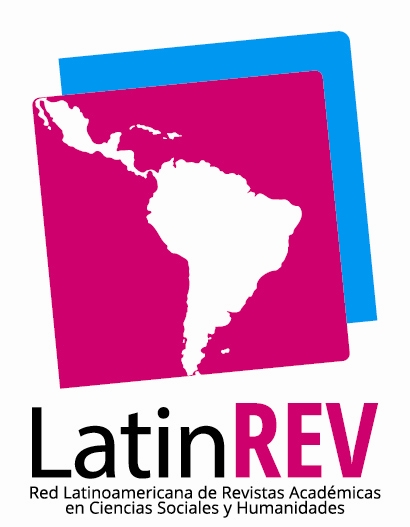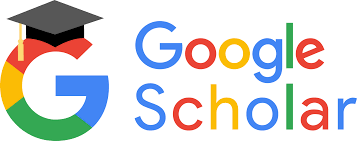The new ways of writing of the youth mediated by technologies in a high school
Keywords:
education, writing, digitization, pandemic, teachingAbstract
After the confinement process,one of the major topics discussed in education is the use of digital tools in the classroom, as well as the problem of writing. This became an issue that worries the entire educational community. Many authors addressed this issue, evidencing the great relevance of digital media today as an educational thematic axis,with writing as the leading factor. Sáez (2021) raises the great importance that the use of digital platforms among young people currently has,and how this influences the writing and reading of students of the new generations. This research attempts to find the voices of the protagonists regarding the changes that exist in writing mediated by digital tools, what aspects have changed and what are the factors that come into play when talking about digital education. This study iscontextualized in a public and technical school in the city of San Luis. To achieve the objectives, interviews were carried out with teachers and students and then surveys with another group of teachers from the first year of the secondary school where different perspectives were found. It was possible to glimpse a change in writing mediated by use and classroom dynamics, as well as the sociopolitical factor that goes through this process.
Downloads
References
Archanco, Pamela (2011). “Sobre la práctica de la lectura en la escuela: supuestos, continuidades y rupturas”, en Diploma Superior en Lectura, escritura y educación. Buenos Aires: Flacso Virtual, Argentina.
Berardi, Jorge (2019). “Cómo las tecnologías digitales están generando una mutación del ser humano”, en Diploma Superior en Lectura, escritura y educación. Buenos Aires: Flacso Virtual, Argentina.
Bombini, Gustavo (2019). “Didáctica de la lectura y la escritura y multimodalidad”, en Cuaderno 72. Centro de estudios en diseños y comunicación, Universidad de Palermo.
Cassany, Daniel y Hernández, Denise (2012). “¿Internet: 1; Escuela: 0?”, en Revista de Investigación Educativa, N° 14. Recuperado de: https://www.redalyc.org/pdf/2831/283121840006.pdf (15/06/2023).
Chartier, Roger y equipo LEyE (2020). “Tecnologías digitales: ¿nuevas pedagogías para leer y escribir? Conversación con Anne -Marie Chartier. Clase 10”, en Posgrado Lectura, escritura y educación. Buenos Aires: Flacso Virtual, Argentina.
Ferreiro, Emilia (2011). “Alfabetización digital, ¿de qué estamos hablando? en Educação e Pesquisa, São Paulo”, en Diploma Superior en Lectura, escritura y educación. Buenos Aires: Flacso Virtual, Argentina.
Gaspar, María del Pilar y Brito, Andrea (2018). “Leer y escribir (en) la enseñanza”, en Especialización en Lectura, escritura y educación. FLACSO Virtual, Argentina.
Goncalves Vidal, Diana (2011). “La enseñanza de la lectura y de la escritura en la escuela: una mirada histórica. Clase 9”, 2n Diploma Superior en Lectura, escritura y educación. FLACSO Virtual Argentina.
Ithurburu, Virginia (2018). Consumos culturales digitales en los inicios de la formación docente. Recuperado de: www.teseopress.com (15/06/2023).
Linne, Joaquín (2018). “Nomadización, ciudadanía digital y autonomía. Tendencias juveniles a principios del siglo XXI. Chasqui”. Revista Latinoamericana de Comunicación, 137.
Morales, Susana y Vidal, Elizabeth (2022) (coords.) (1a ed). ¿Quién se apropia de qué?: tecnologías digitales en el capitalismo de plataformas - Ciudad Autónoma de Buenos Aires: CLACSO. Recuperado de: https://biblioteca-repositorio.clacso.edu.ar/bitstream/CLACSO/169745/1/Quien-se-apropia-de-que.pdf (15/06/23)
Winocur, Rosalía y Morales, Soledad (2018). Adolescentes, medios de comunicación y culturas colaborativas. Aprovechando las competencias transmedia de los jóvenes en el aula. Transliteracy H2020.
Sardi, Valeria (2017). “La escritura como objeto de investigación: jóvenes, saberes plurales y escrituras fronterizas”, en Diploma Superior en Lectura, escritura y educación. FLACSO Virtual Argentina.
Saez, Victoria (2021). “Experiencias juveniles de lectura y escritura en la era digital. El desafío de construir nuevos sentidos”. En Especialización en Lectura, escritura y educación. FLACSO Virtual, Argentina.
Downloads
Published
Issue
Section
ARK
License
Copyright (c) 2023 Fátima Aguilera Aldaya

This work is licensed under a Creative Commons Attribution 4.0 International License.


